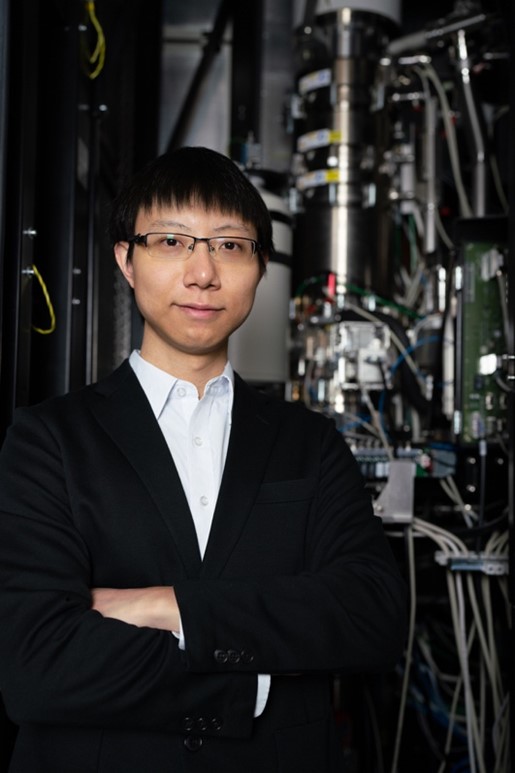Advanced Electron Microscopy Imaging of Metals under Extreme Environments
May 30, 2025; MSE Conference Room
Cook Hall - 2058; 11:00 AM (CT)
Coffee will be provided!
Registration is not required for this event.
Defects, such as vacancies and stacking faults, play pivotal roles in tuning the properties and performance of materials. Similarly, local ordering, such as chemical short-range order (SRO), could significantly influence material characteristics, including yield strength and resistance to radiation damage. Recent advancements in electron microscopy, such as four-dimensional scanning transmission electron microscopy (4D-STEM) and in situ TEM techniques, have enabled unparalleled characterization of defects and local ordering at the nanoscale.
This presentation highlights our recent studies investigating the interactions of defects and local ordering with extreme environments, including corrosion in molten salts and fatigue deformation in metals. Additionally, we explore the ubiquitous presence of SRO in multi-principal element alloys (MPEAs) and its profound impact on mechanical behavior. These studies collectively underscore the transformative potential of advanced electron microscopy in unraveling the mechanisms that govern materials' performance under extreme conditions.
Speaker

Yang Yang, PhD, Assistant Professor, PennState University
Dr. Yang Yang is an assistant professor at Pennsylvania State University, with appointments in the Department of Engineering Science and Mechanics, the Department of Nuclear Engineering, and the Materials Research Institute. He completed his postdoctoral research at the National Center for Electron Microscopy at Lawrence Berkeley National Laboratory from January 2019 to May 2021. Dr. Yang earned his Ph.D. in Nuclear Science and Engineering from MIT and his B.Eng. in Nuclear Science and Technology from the University of Science and Technology of China. His research focuses on advanced electron microscopy techniques to understand the mechanisms of materials degradation under extreme environments and the development of computational tools for studying interfacial dynamics during ion irradiation in solids. He is one of the leading developers of IM3D, a comprehensive 3D Monte Carlo simulation tool for ion radiation in matter. Dr. Yang has received several awards, including the NSF Early Career Award (2022), and the inaugural TMS/KIM Young Leaders International Scholar Award (2025).

